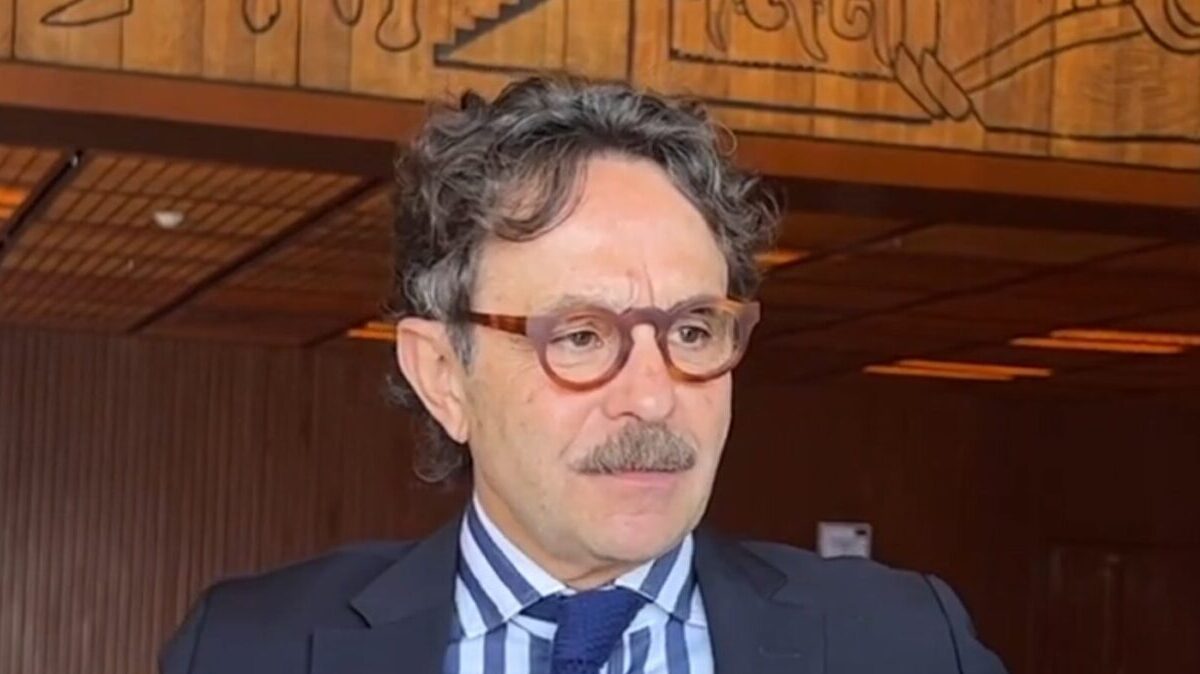Internet shutdowns are increasing worldwide. What to do if it happens to you?
The Right to Access Information in the Digital Era
Access to information is a fundamental right that goes hand in hand with freedom and democratic values. However, in 35 countries, authoritarian regimes and private sector actors have been using internet blackouts to control protests, suppress information, and limit free speech. This is a concerning trend that has been on the rise in recent years.
Internet Blackouts on the Rise
Last year, there were reportedly 187 forced web shutdowns globally, setting a disturbing new record. Five nations even enacted internet blackouts related to national elections in 2022. India accounts for the majority of these incidents, but China, Brazil, Myanmar, Russia, Cuba, and Iran are also on the list.
In Ukraine, external forces were blamed for 22 internet shutdowns amid the conflict with Russia. Regardless of location, the surge in intentional web blackouts has sparked concern for many.
The Dangers of Forced Web Censorship
Forced web censorship is a violation of human rights that limits speech and dissent. It facilitates crime and injustice by limiting the ability to resist. James Song, a human rights advocate and tech pioneer, has worked with Myanmar refugees and witnessed information blackouts up close. He believes that world leaders will likely see the value in using Myanmar’s approach versus straight-forward internet shutdowns in the future.
“The primary aim of an unjust government or leadership is to limit dissent and increase control,” Song said. “Traditionally, you could not do this without limiting information flow. Today, however, with the advent of publicly-accessible large language models like ChatGPT, we’ll probably enter a golden age of misinformation. Where dictators will want you to access the internet so they can feed you specific disinformation.”
The Rise of Disinformation
Censorship and misinformation have been the go-to move of authoritarian regimes for years. It became increasingly prevalent during the COVID-19 pandemic and, for some countries, an even bigger crutch once the world opened back up and began dropping restrictions.
Song predicts an “exponential rise” in the use of disinformation which, ironically, requires internet access. “There will also likely be a sharp rise in never-before-seen news media outlets as disinformation agents seek new distribution channels,” he added.
The Threat of Internet Shutdowns
For now, hitting the internet “kill switch” and throwing populations into web darkness is trending. The United Nations special rapporteur on the rights to freedom of peaceful assembly and of association, Clement Voule, noted: “Shutdowns are lasting longer, becoming harder to detect and targeting particular social media and messaging applications and specific localities and communities.”
Some have suggested internet shutdowns could easily happen in the United States, given the vague language used in the “presidential emergency action documents,” which the Brennan Center for Justice released to the public last year. Originally drafted during the Eisenhower administration, the documents outlined the granting of extensive emergency powers to a U.S. president—including a total communications shutdown—if a threat to the continuity of government arose.
The papers offered a sobering reality to Americans who were unaware of the lack of government oversight during a state of emergency. But if an internet shutdown happens on U.S. soil, it would be a violation of the First Amendment and a threat to democracy.
" Conservative News Daily does not always share or support the views and opinions expressed here; they are just those of the writer."




Now loading...